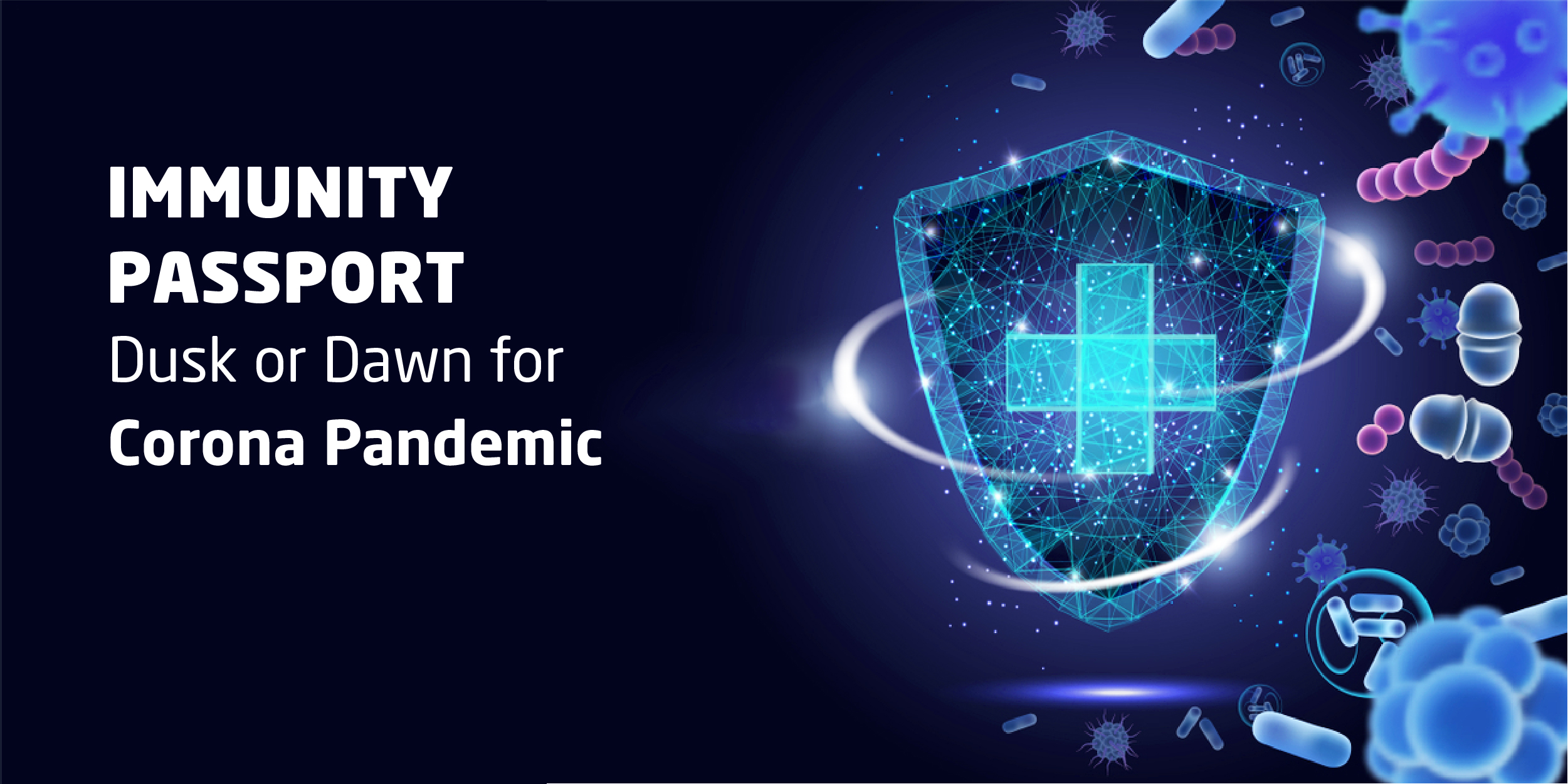
The coronavirus pandemic has shut down the activities and economies in many countries that are experiencing increasing numbers of COVID-19 cases. Experts are thinking about strategies for opening up once things start slowing down.
To diagnose COVID-19 so that correct isolation or treatment efforts can be executed, or detecting antibodies, leading to the identification of those with immunity and the ability to go back to work. It is a great responsibility of those in diagnostics to inform those making key decisions.
However, with limited diagnostic testing happening in many countries, many people who were infected and symptomatic never received a formal diagnosis, and many people have been infected but didn’t display any symptoms and so never knew they were infected in the first place. One answer to this dilemma is an antibody test that can be used to detect the presence of antibodies to COVID-19 in patient samples, to confirm that they have been infected, and so may have immunity.
The “immunity passport,” is a permit that confirms that someone has already been infected by the virus and has recovered, and so they could potentially be allowed to return to work.
To be able to show that we have immunity to issue an immunity passport, we need reliable antibody testing, which tells if our body has the antibodies specific to SARS-CoV-2 because we fought off the coronavirus.
It takes about a week or longer for antibodies against the virus to appear in the blood if a person has been infected according to Louis Mansky, the director of the Institute for Molecular Virology at the University of Minnesota Twin Cities.
The mechanism of antibody reporting: The antibody test works by detecting antibodies the body creates in response to the viral infection. Certain anchor proteins are used by every virus to enter human cells. Antibodies are developed by the human immune system that can block viral entry. The measurement of the antibodies can be indicative of immunity. This test is sensitive enough to identify only COVID-19, even at low levels, by only interacting with the unique antibodies that were generated against the virus, instead of generic proteins that may have been a result of related coronaviruses.